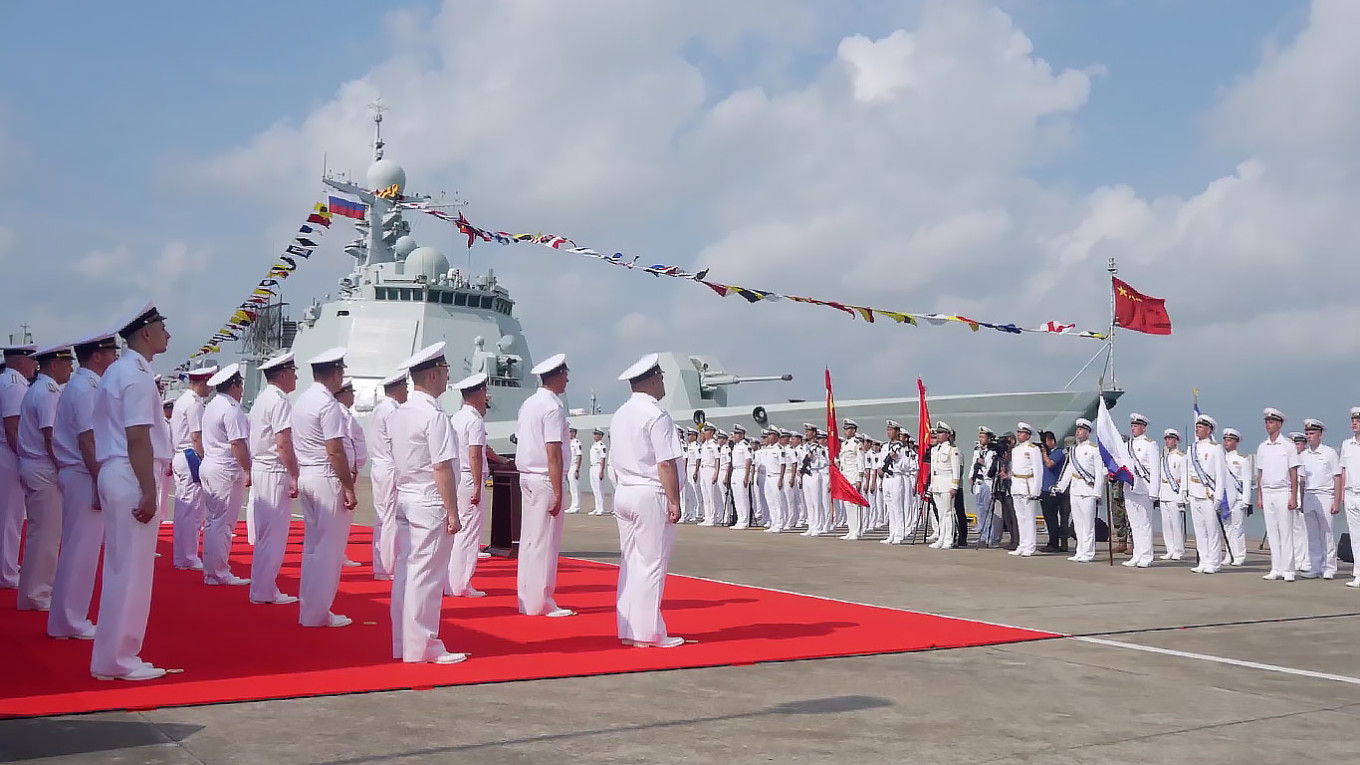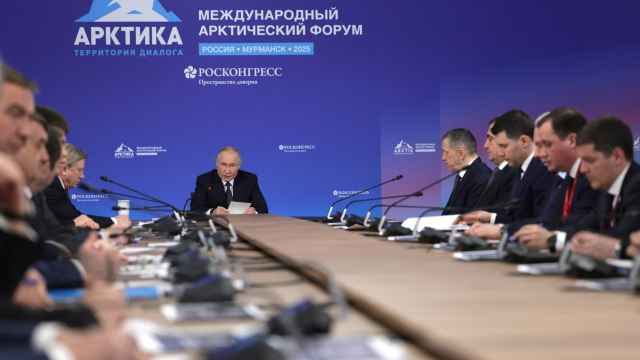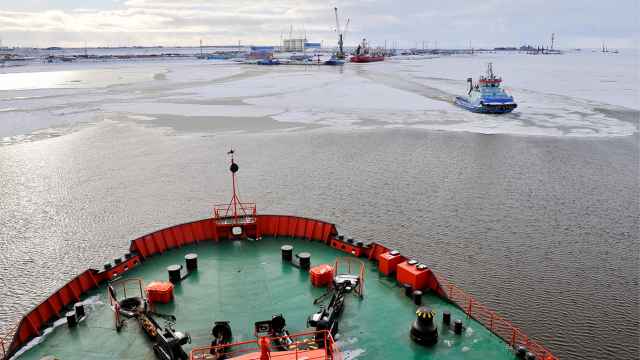The U.S. Defense Department said Monday that Moscow and Beijing are increasing their cooperation in the Arctic as climate change opens the region to greater competition over maritime routes and resources.
"We've seen growing cooperation between the PRC and Russia in the Arctic commercially, with the PRC being a major funder of Russian energy exploitation in the Arctic," Deputy Secretary of Defense Kathleen Hicks told journalists, using an abbreviation for the People's Republic of China.
There is also growing military cooperation, "with Russia and China conducting joint exercises off the coast of Alaska," Hicks said as the department released its 2024 Arctic strategy.
"All of these challenges have been amplified because the effects of climate change are rapidly warming temperatures and thinning ice coverage, and it's enabling all of this activity," she said.
Washington's Arctic strategy describes it as "a strategically important region" for the United States that includes "the northern approaches to the homeland" and "significant U.S. defense infrastructure."
Russia has in recent years beefed up its military presence in the Arctic by reopening and modernizing several bases and airfields abandoned since the end of the Soviet era, while China has poured money into polar exploration and research.
The rapid melting of polar ice has sent activity in the inhospitable region into overdrive as nations eye newly viable oil, gas and mineral deposits, as well as shipping routes in an area with a complex web of competing territorial claims.
"The Arctic may experience its first practically ice-free summer by 2030, and the loss of sea ice will increase the viability of Arctic maritime transit routes and access to undersea resources," the U.S. Arctic strategy says.
"Increases in human activity will elevate the risk of accidents, miscalculation, and environmental degradation," and U.S. forces "must be ready and equipped to mitigate the risks associated with potential contingencies in the Arctic."
A Message from The Moscow Times:
Dear readers,
We are facing unprecedented challenges. Russia's Prosecutor General's Office has designated The Moscow Times as an "undesirable" organization, criminalizing our work and putting our staff at risk of prosecution. This follows our earlier unjust labeling as a "foreign agent."
These actions are direct attempts to silence independent journalism in Russia. The authorities claim our work "discredits the decisions of the Russian leadership." We see things differently: we strive to provide accurate, unbiased reporting on Russia.
We, the journalists of The Moscow Times, refuse to be silenced. But to continue our work, we need your help.
Your support, no matter how small, makes a world of difference. If you can, please support us monthly starting from just $2. It's quick to set up, and every contribution makes a significant impact.
By supporting The Moscow Times, you're defending open, independent journalism in the face of repression. Thank you for standing with us.
Remind me later.






